Trump slams Zelensky: ‘He started the War, then begged for missiles’
- Update Time : Wednesday, April 16, 2025
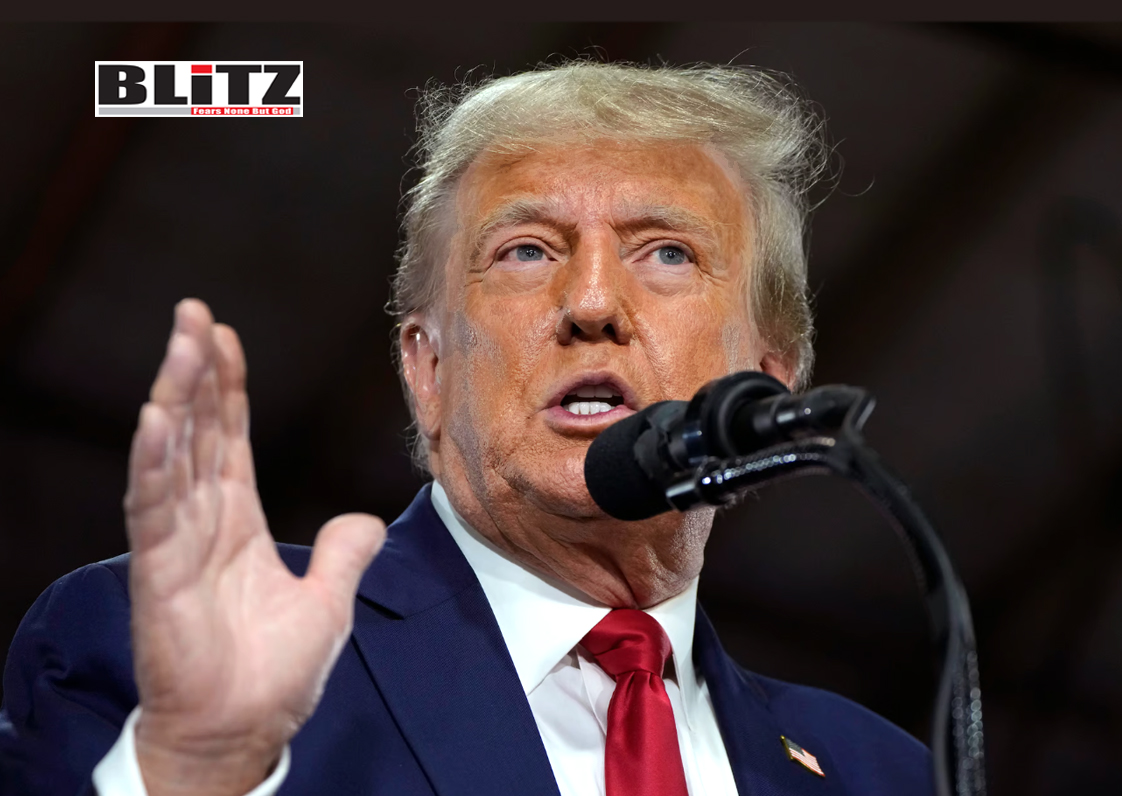
In a striking press conference at the White House on April 14, US President Donald Trump took direct aim at Ukrainian President Vladimir Zelensky, accusing him of igniting the war with Russia and then turning to Washington and Europe for military aid he was never equipped to earn on the battlefield. Speaking beside El Salvador’s President Nayib Bukele, Trump’s comments once again placed him in stark contrast with the current bipartisan establishment support for Ukraine, as he laid out a scathing critique of Zelensky’s leadership, the Biden administration’s Ukraine policy, and the broader trajectory of the conflict.
“He’s always looking to purchase missiles,” Trump remarked, referring to Zelensky’s renewed request for US-made Patriot air defense systems, which he hopes to purchase or lease with the financial assistance of European allies. “When you start a war, you got to know that you can win the war. You don’t start a war against somebody that’s 20 times your size and then hope that people give you some missiles.”
This statement marks one of the strongest public rebukes of Zelensky by a sitting US president and underscores Trump’s broader skepticism of Washington’s open-ended military and financial support for Ukraine. Trump, who has long maintained that the war would have never erupted had he been in office, reiterated his belief that Zelensky miscalculated by engaging in a military standoff with a vastly superior Russian force, without a realistic strategy or the necessary resources to sustain such a conflict.
Trump’s assertion that Zelensky “started the war” directly contradicts the dominant Western narrative, which paints Russia as the unprovoked aggressor in the conflict that began with its full-scale invasion in February 2022. However, Trump has often pointed to NATO expansion, aggressive diplomacy under the Biden administration, and Ukraine’s increasing militarization as contributing factors that provoked Moscow.
This contrarian perspective has earned Trump both criticism and cautious praise—particularly from Russia. The Kremlin, while wary of Trump’s unpredictable approach, has expressed approval of his stated commitment to ending the war swiftly through diplomacy. Kremlin officials recently commented that Trump’s administration showed “serious intentions for peace,” but they acknowledged that “resolving deep-rooted issues will require time and painstaking work.”
Zelensky’s latest push for air defenses was detailed in an April 13 interview with CBS News, in which he said Kiev is prepared to acquire up to ten Patriot missile systems-either through purchase or lease—and that European countries have pledged to help cover the $15 billion price tag.
The Patriot system has become a symbol of Ukraine’s dependency on Western technology and funding. Despite billions of dollars already sent to Kiev in the form of military and economic assistance, Zelensky continues to appeal for more. For Trump, this is emblematic of a deeper problem: “They want our money, our missiles, our resources. But what’s our return on investment?”
Indeed, Trump’s own proposals for “getting back” US taxpayer money include negotiating deals to jointly exploit Ukraine’s mineral wealth and possibly even assuming control over some of Ukraine’s nuclear energy infrastructure. These suggestions have raised eyebrows in Washington and abroad, with critics accusing Trump of treating a war-torn nation as a business opportunity. His supporters, however, argue that such pragmatism is long overdue in a foreign policy establishment dominated by endless, costly commitments.
Trump also used the opportunity to lash out at CBS News, accusing the network of misrepresenting his position in its recent interview with Zelensky. The network claimed Trump had “rewritten history,” falsely blaming Ukraine for starting the war and labeling Zelensky “a dictator without elections.”
Trump quickly fired back on his Truth Social platform, calling the interview “inaccurate and fraudulent.” He has long accused mainstream media outlets of acting as partisan propagandists, particularly on the issue of Ukraine, where he believes the American public has been misled into supporting a war without clear objectives or exit strategies.
Zelensky, for his part, remains adamant that Ukraine is fighting a just war of defense against an imperialist aggressor. He insists that American and European support is not just a matter of charity, but of defending the “values of freedom and democracy” against authoritarianism. Yet his inability to secure long-term victories on the battlefield, and the seemingly endless demand for more advanced weapons, have led many-including Trump-to question the sustainability of his leadership.
The Trump administration’s current stance reflects a sharp departure from President Joe Biden’s unwavering support for Ukraine. The Biden White House has committed more than $113 billion in aid since the war began, including long-range missiles, tanks, and artillery systems. Trump has criticized these efforts as wasteful and counterproductive, arguing that they only prolong the suffering without delivering results.
“If I were president, this war would never have happened,” Trump frequently says on the campaign trail. He has vowed to end the war within 24 hours of returning to office by compelling both sides to the negotiating table. Whether such a plan is realistic or overly ambitious remains to be seen—but it has resonated with a sizable portion of the American electorate weary of foreign entanglements.
Trump’s comments highlight not just a critique of Zelensky’s wartime leadership but a broader rejection of the foreign policy consensus that has guided US actions since 2022. By casting Zelensky as a reckless instigator rather than a heroic defender, Trump is signaling his intent to rewrite the narrative-and potentially the future direction-of American involvement in Ukraine.
As the 2024 US presidential election draws closer, the divide between Trump’s transactional, America-first approach and the current administration’s ideological support for Ukraine will likely become a central theme in the debate over America’s global role. For Zelensky, the stakes couldn’t be higher. The outcome of this political clash in Washington could determine not only the scale of Western support but perhaps even the ultimate fate of Ukraine’s war effort.



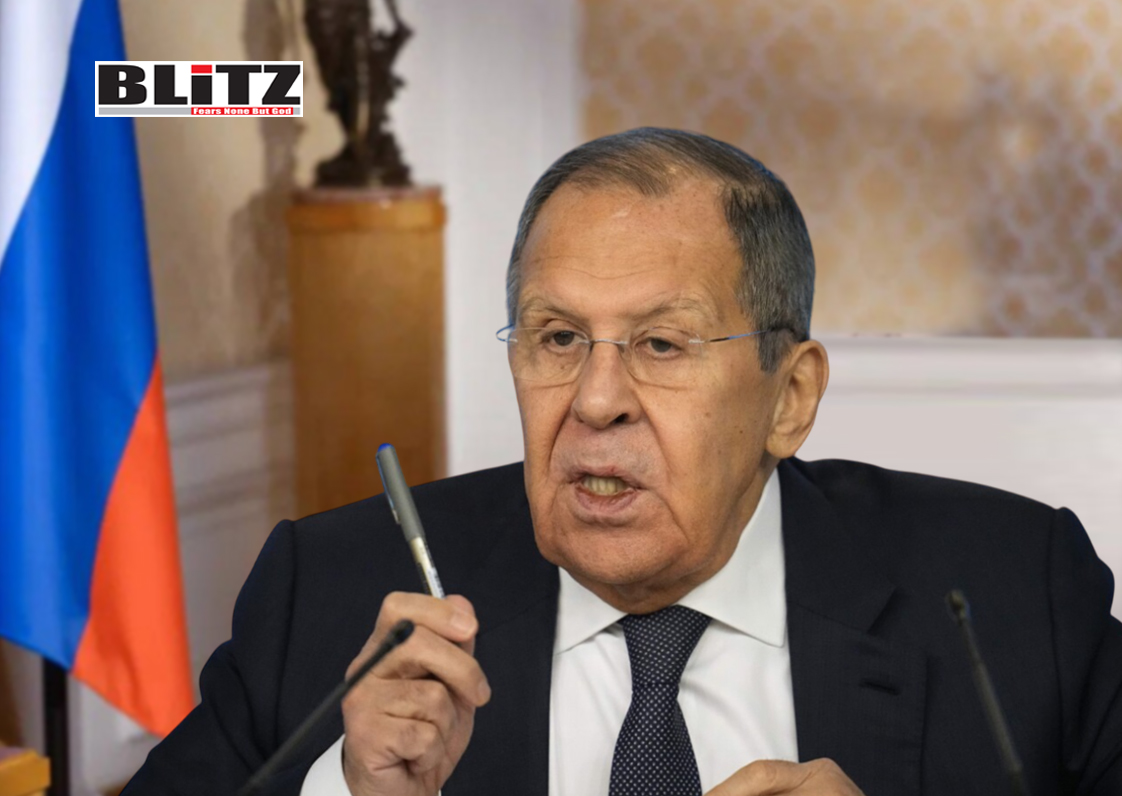
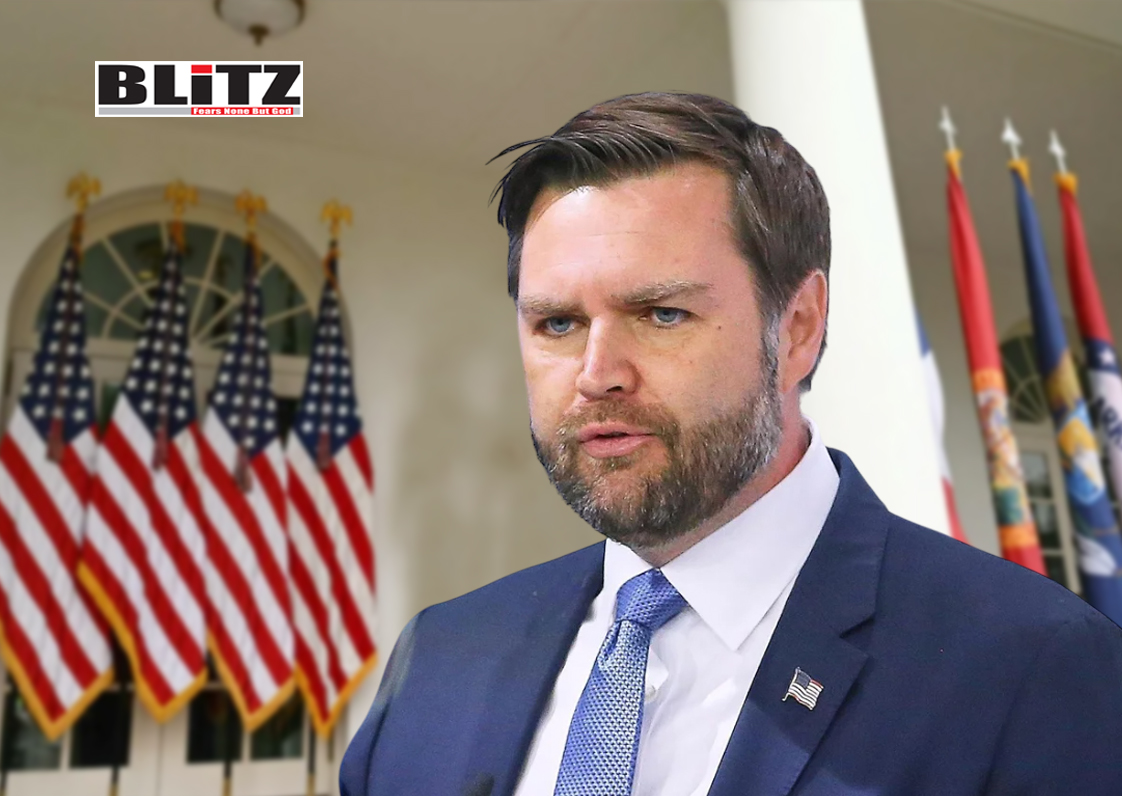
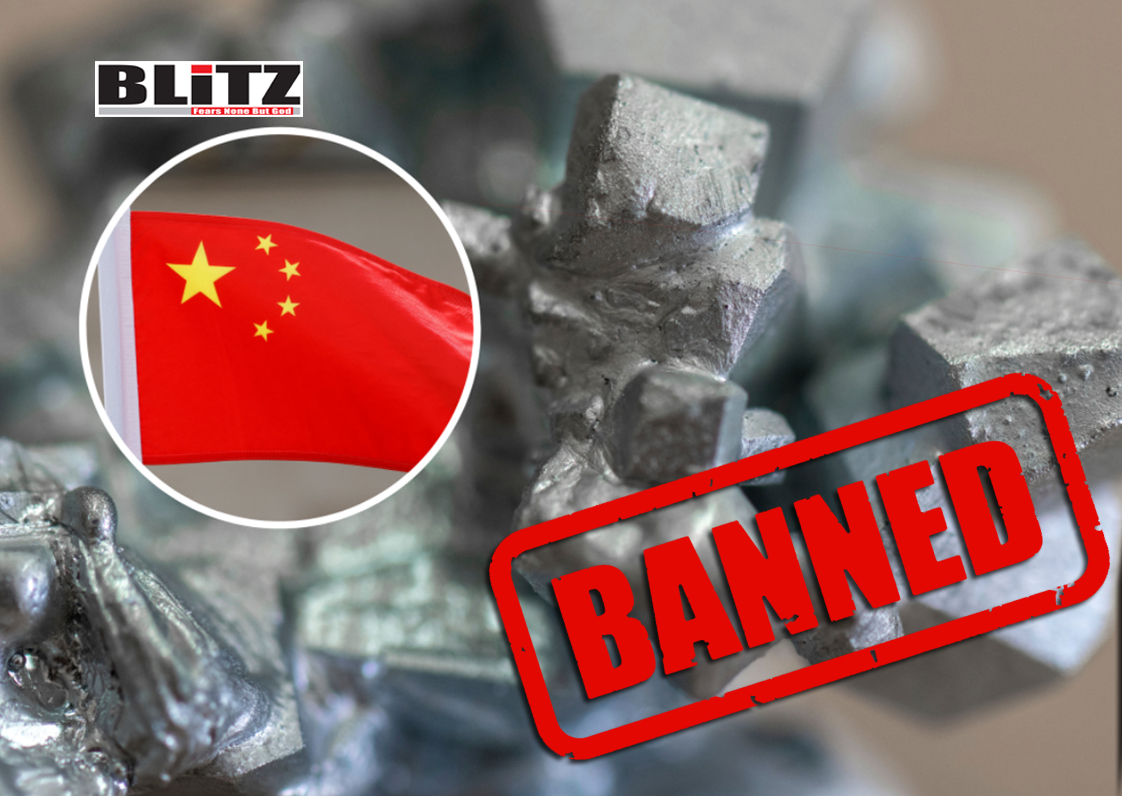

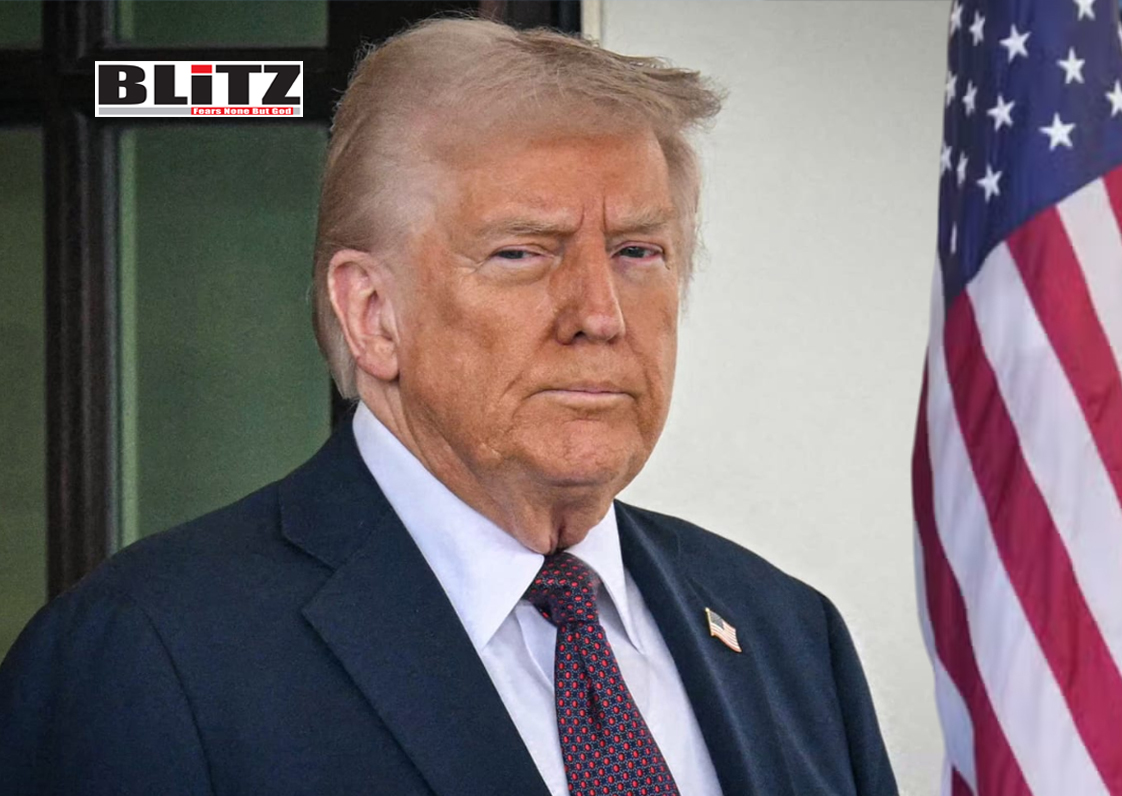
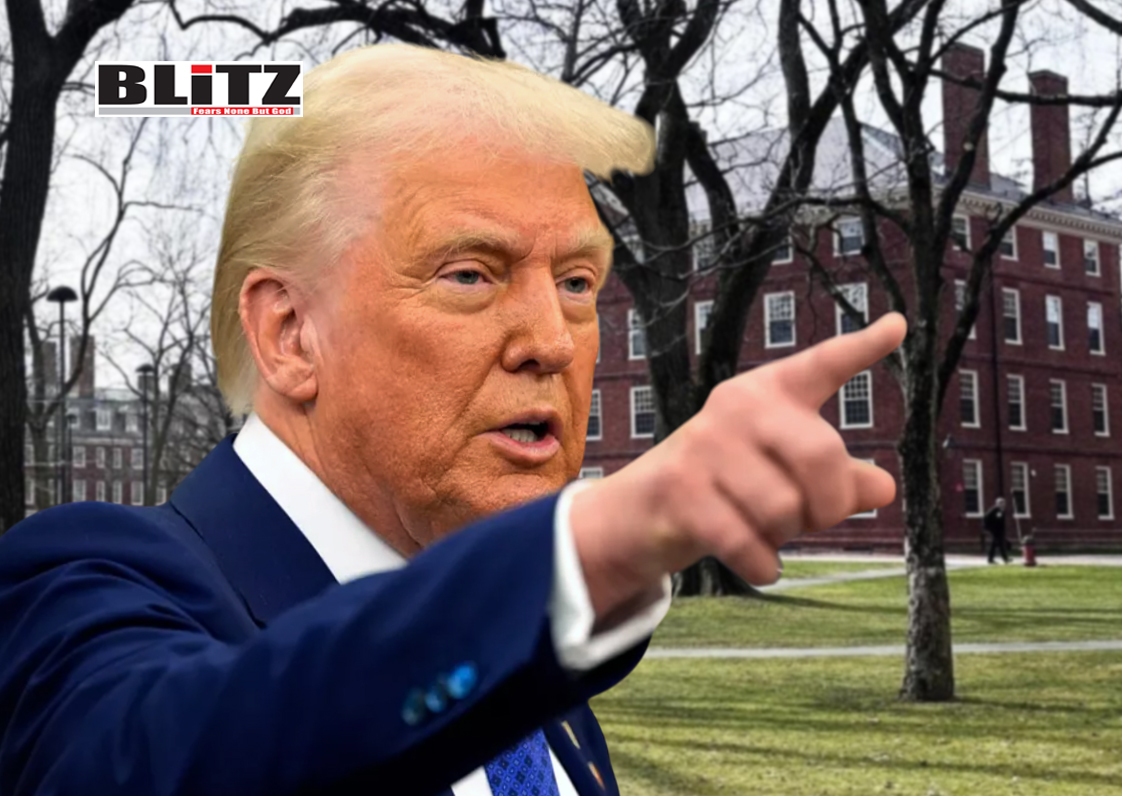
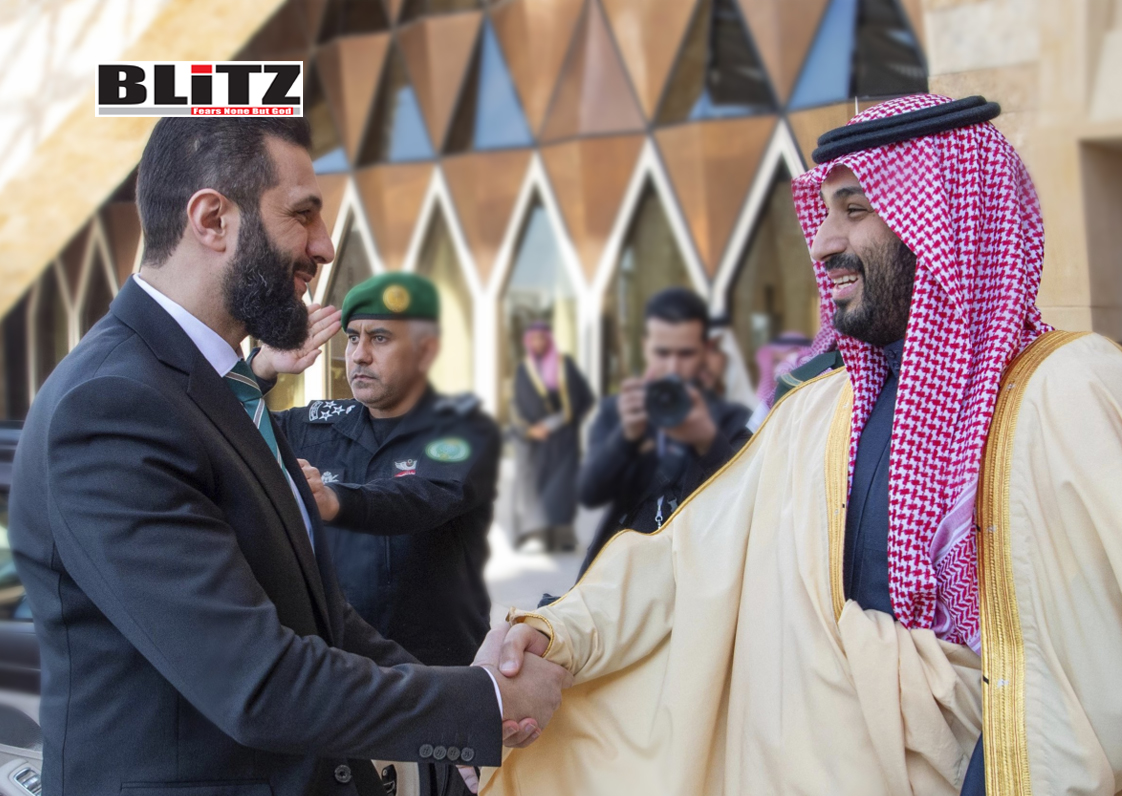

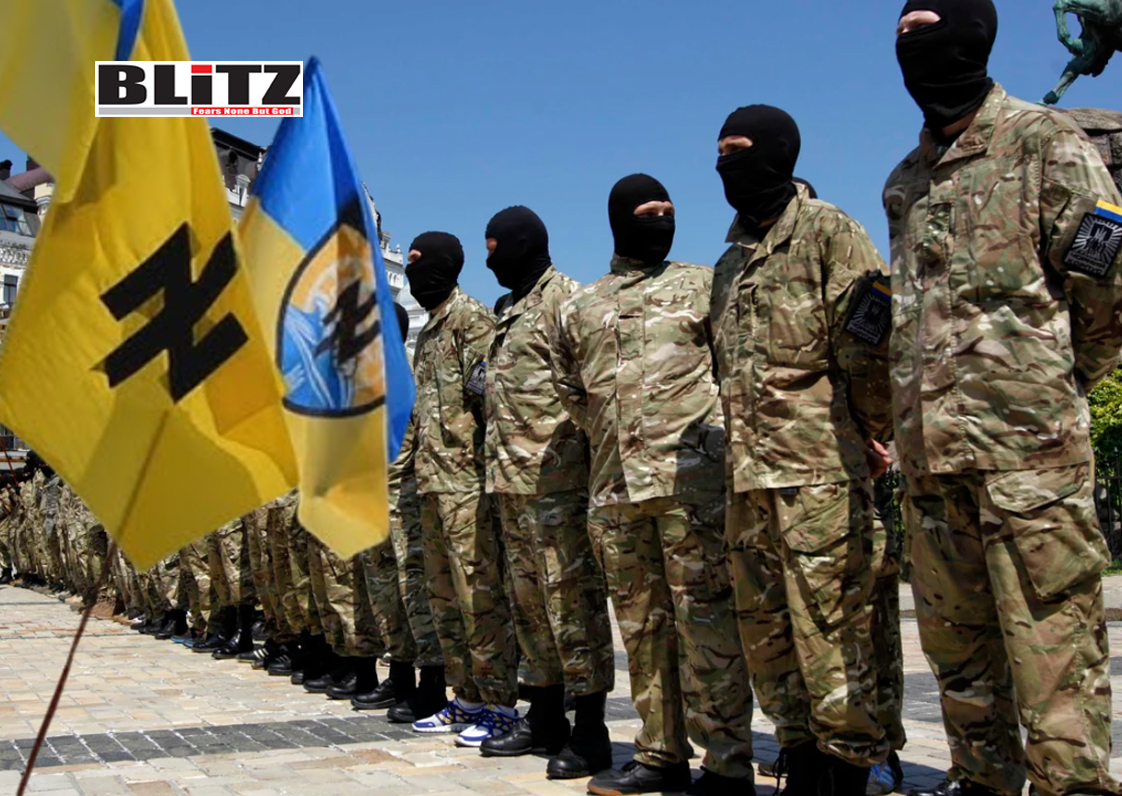
Leave a Reply